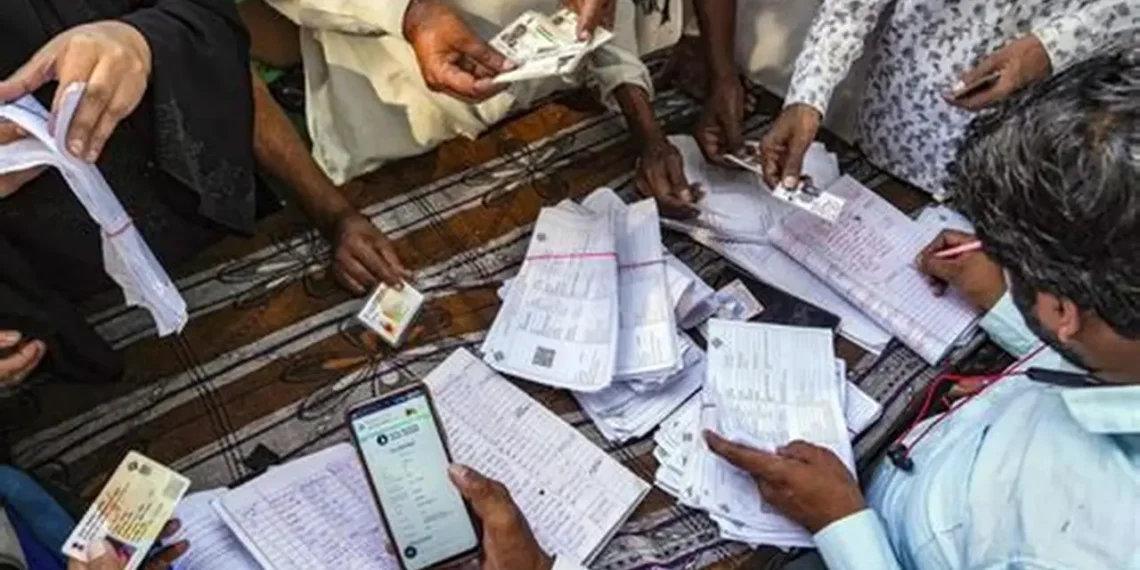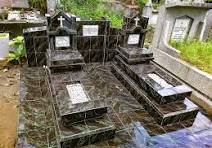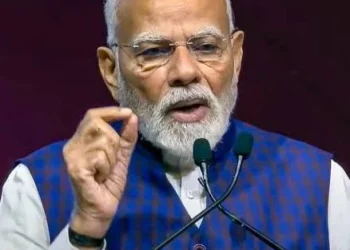Editor’s Note: As part of our ongoing commitment to serve as an advocacy platform for peace in Manipur, we continue to welcome “opinion” pieces from all communities. We encourage individuals to use this space to express their perspectives with sincerity and responsibility. We urge contributors to refrain from language that could be interpreted as inciting violence or hatred. In line with this initiative, we present a write-up by HS Benjamin Matep, Chairman of the Kuki Organisation for Human Rights Trust (KOHUR). Please mail your write-up at: novinkn@gmail.com
By H.S. Benjamin Mate*
July 31, 2025: The Election Commission of India (ECI), in a deeply insensitive and politically charged move, has ordered a *Special Intensive Revision of Electoral Rolls* in Manipur, even as the state remains engulfed in one of the worst ethnic conflicts in its modern history. Since *May 3, 2023, the Kuki-Zo community has borne the brunt of an ongoing, **state-enabled ethnic cleansing campaign. More than **one lakh Kuki-Zo people* have been violently displaced, *over 100 villages* have been wiped out, and *more than 350 churches and 6,000 homes* have been burned or destroyed—*including in Imphal, Manipur’s capital*.
To conduct an electoral revision amid such devastation is nothing short of *adding salt to the wounds of a persecuted community. This act not only disregards the humanitarian crisis at hand but also raises serious questions about the **legitimacy and intent* of the electoral process in Manipur.
*Displacement Without Rehabilitation: A Violation of Democratic Norms*
According to both government and independent sources, *over 60,000 internally displaced Kuki-Zo persons* are still living in makeshift relief camps in the hill districts of *Churachandpur, Kangpokpi, and Pherzawl. Thousands more have fled to neighbouring states—Mizoram, Assam, Delhi, Bangalore, and elsewhere—escaping targeted violence by **valley-based Meitei militias*, reportedly supported or tolerated by the state machinery.
READ: Churachandpur Welcomes Shaurya Chakra Hero Home
In such a scenario:
– *How can voter rolls be updated when entire villages have ceased to exist?*
– *How will displaced citizens access electoral authorities or verify their names without permanent addresses?*
– *Will the process recognize those forcibly evicted from their ancestral lands, or quietly erase them from the democratic process?*
The answer is clear: *this revision exercise is not democratic—it is demographically manipulative.*
Exclusive: SIR Amid Ruins— Bihar’s SIR Redux in Manipur
SIRManipur #BiharRedux #DisplacedAndErased #ConflictGovernance #ManipurUnheard
#SIRManipur #BiharRedux #DisplacedAndErased https://t.co/IQfYWGtMwP— POWER CORRIDORS (@power_corridors) July 29, 2025
*The Electoral Roll as a Tool of Dispossession*
The ECI’s revision, far from being a neutral administrative procedure, could facilitate:
– *The disenfranchisement of displaced Kuki-Zo voters*, thereby reducing their political voice.
– *The legitimization of illegal occupation of Kuki-Zo lands* by non-tribal communities through fabricated residential claims.
– *Demographic engineering* in favour of the dominant Meitei community under the guise of legal updates.
These fears are not hypothetical. Past experiences in Manipur—*such as the selective deletion of tribal voters and tampering of voter rolls in hill districts—indicate a well-established pattern of **weaponizing electoral processes against the marginalized*.
*A Community Under Siege: No Preconditions for Free and Fair Revision*
The basic preconditions for conducting a free and fair electoral revision—*peace, mobility, stability, and documentation*—are entirely absent in Kuki-Zo areas. The state remains divided along ethnic lines:
– *Kuki-Zo people cannot return to their homes in the Imphal Valley*, which have been systematically razed or occupied.
READ: Biren Audio Tape Case Still Not Heard Despite SC Deadline
– *There is no rehabilitation policy in place*, and central government aid has been minimal or selectively distributed.
Conducting an electoral revision under these circumstances amounts to *institutional complicity in erasure*—a bureaucratic extension of the ethnic cleansing already underway.
*An Unambiguous Warning: Sovereignty as a Last Resort*
The Kuki-Zo people have endured *over a year of systemic violence, administrative exclusion, and political silencing*. The latest move by the ECI may be the final straw.
*If the Special Revision is not immediately halted, and if displaced Kuki-Zo citizens are not guaranteed **restoration, rehabilitation, and political representation, then the community will be left with no choice but to assert its **right to self-determination*.
> “We will be compelled to declare all Kuki-Zo ancestral lands as a sovereign state, for we cannot allow ourselves to be continuously exterminated in a nation that refuses to protect our existence and voice.”
*This is not a threat—it is a cry for justice, born out of systematic exclusion and the instinct for survival.*














